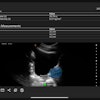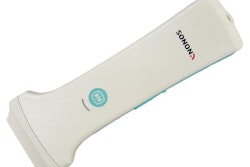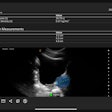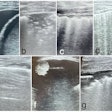Dr. Michael Friedman of Washington University in St. Louis and colleagues reviewed 935 musculoskeletal shoulder ultrasound exams performed over a 12-month period, analyzing medical records and clinic notes of each patient and noting pre- and postultrasound diagnoses and treatment plans. The group categorized management plans into six groups:
- No plan/no further treatment
- Physical therapy
- Therapeutic injection
- Surgical intervention
- Change in diagnosis
- Need for additional imaging
The researchers found that of 935 exams, 72.6% had a postultrasound plan that differed from preultrasound management. In 23 patients, the diagnosis was changed to nonshoulder pathology; 12 patients were referred for additional imaging. Of 485 exams with a defined management plan before the shoulder ultrasound exam was performed, the invasiveness of the plan increased in 22.3% based on the imaging results. Of these 485 exams, clinical management was altered from surgical to nonsurgical treatment in 1.9% and from nonsurgical to surgical in 16.1%.
The bottom line? Musculoskeletal shoulder ultrasound has a significant effect on both clinical decision-making and patient management for rotator cuff pathology, Friedman's group concluded.




















